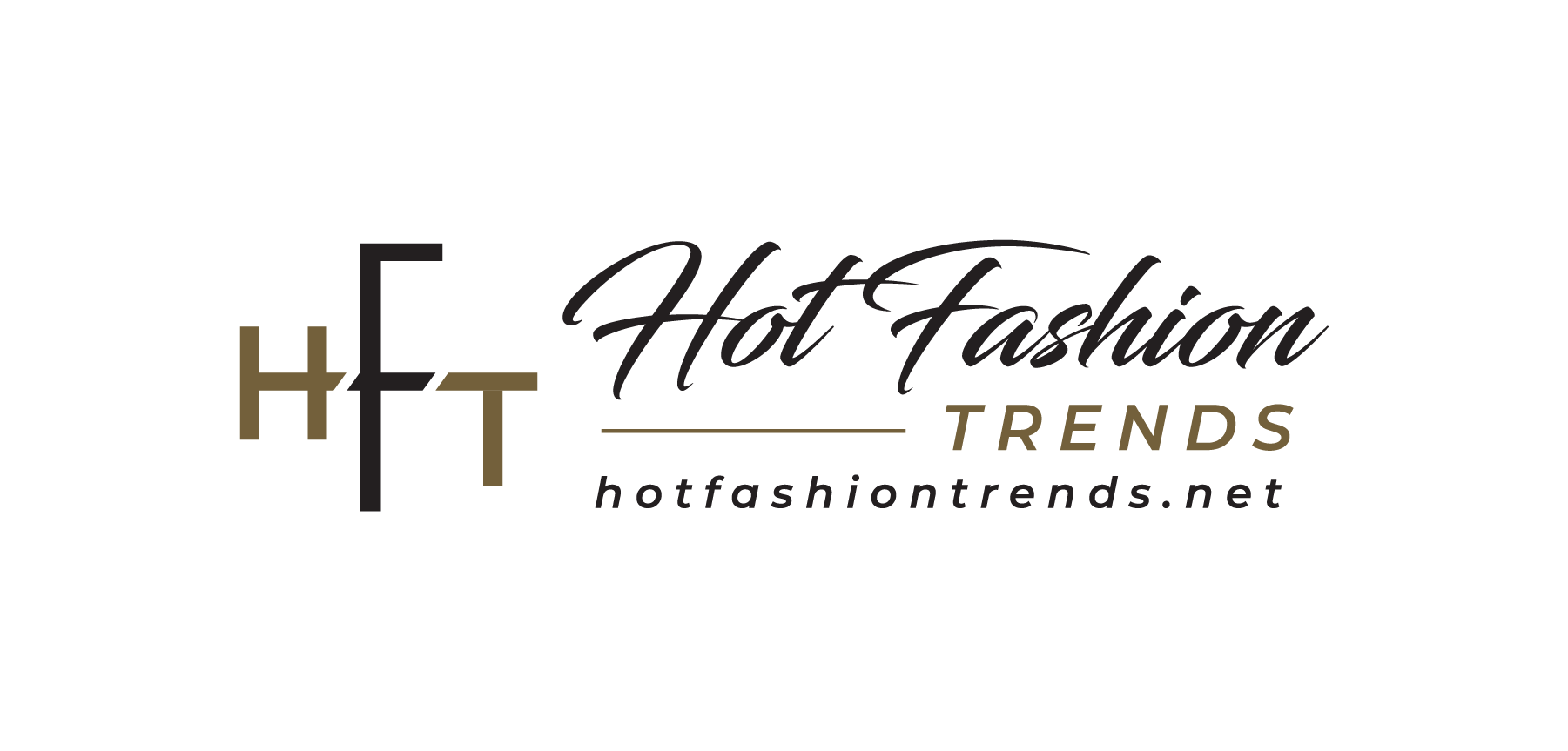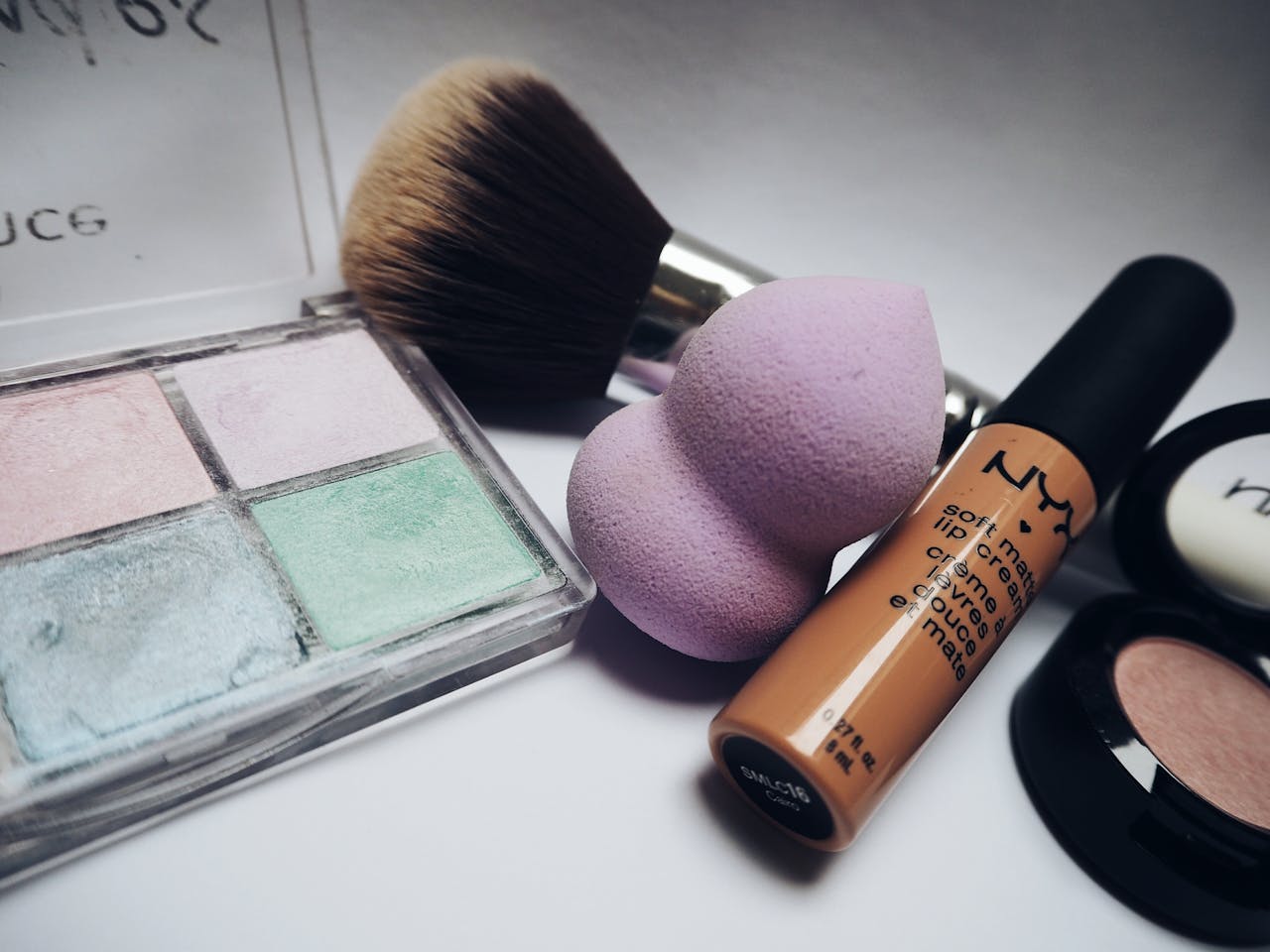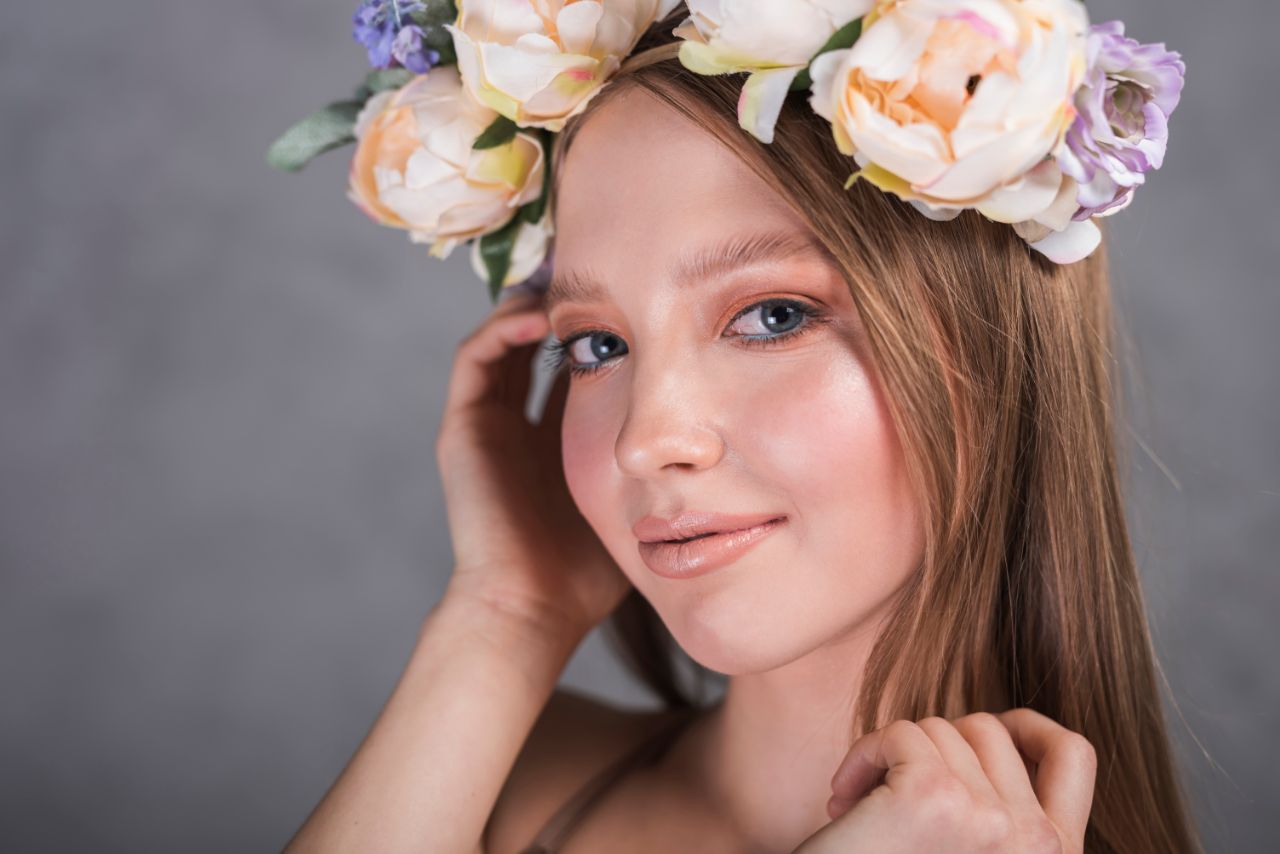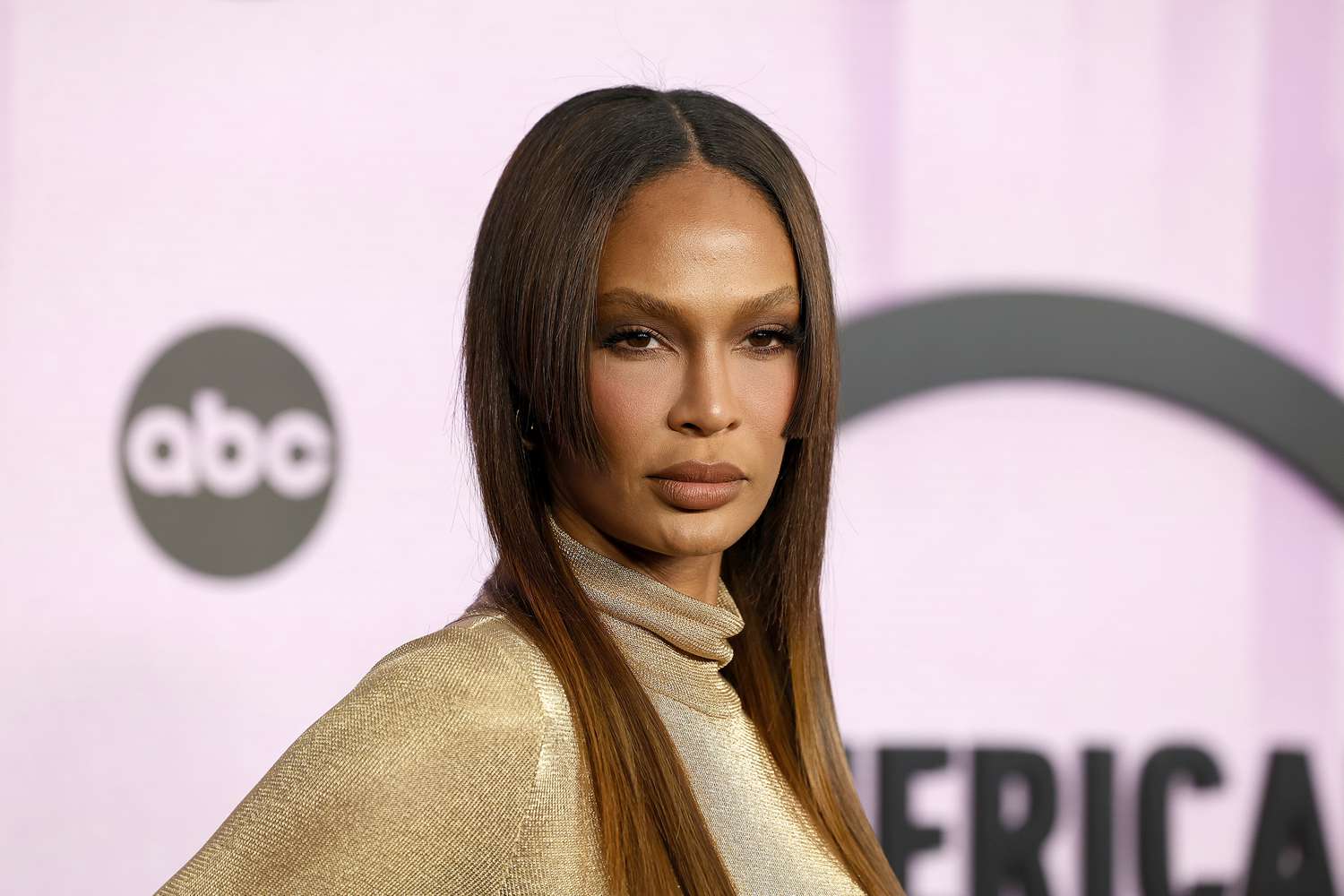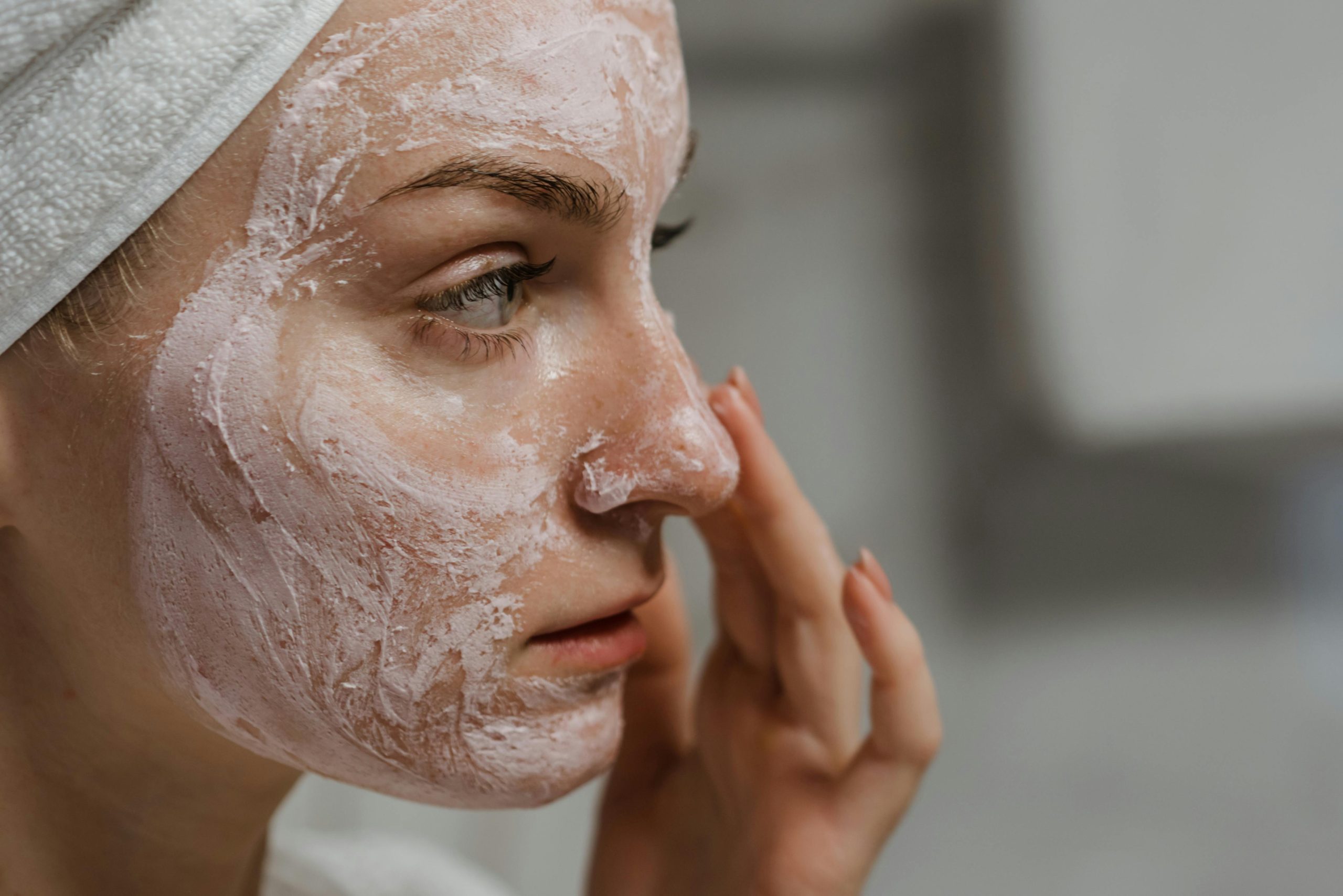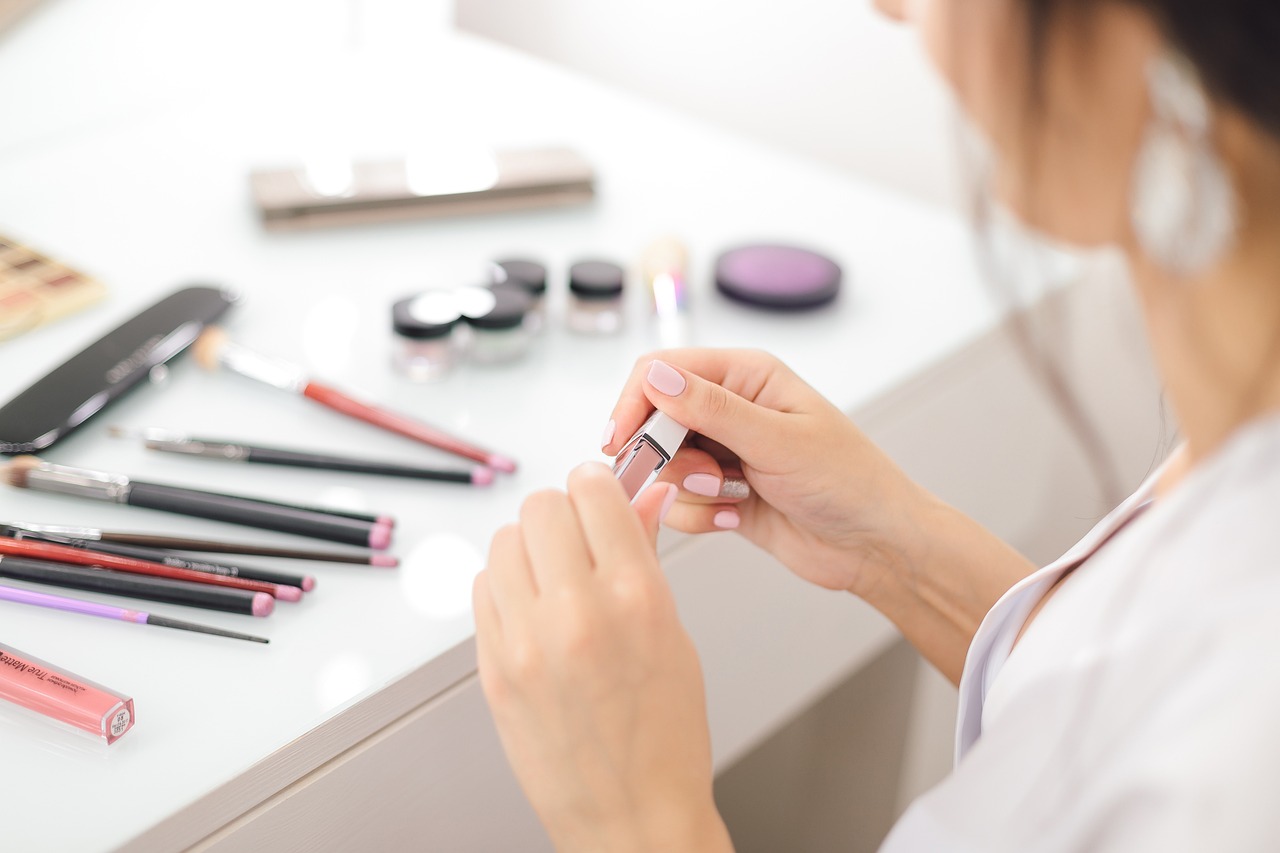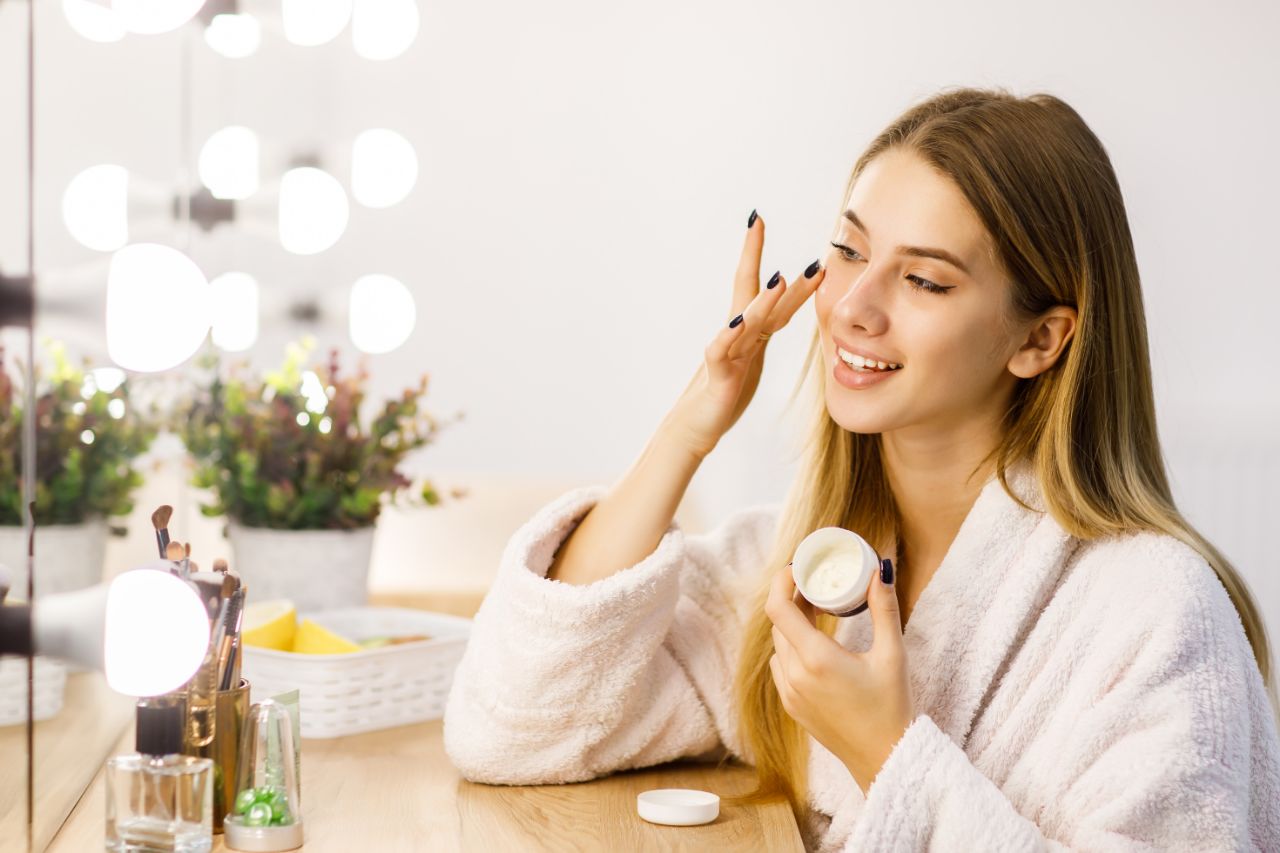The Rise of Vegan Haircare in 2024
Recently, the vegan haircare industry has shown substantial growth due to a worldwide trend towards ethical beauty decisions. Consumers are more and more looking for products that do not contain animal-derived ingredients and are cruelty-free in both their production and testing processes. In particular, the American market has experienced an increase in demand, as 70% of customers in North America favor items that are labeled as vegan or cruelty-free.
This change is driven by various factors, such as increased concern for animal well-being and eco-friendly practices. With an increasing number of consumers being aware of the ethical impacts of their purchases, vegan-friendly alternatives are taking the place of traditional beauty products. Hair products derived from plants, like shampoos, conditioners, and styling products, are becoming more popular as they match these principles and deliver effective outcomes.
In addition, the trend toward sustainable haircare is driven by a desire to reduce the environmental impact of beauty routines. Vegan haircare brands are responding by offering products that are not only cruelty-free but also packaged using eco-friendly materials and made with sustainably sourced ingredients. This approach appeals to a growing demographic of consumers, particularly Millennials and Gen Z, who prioritize environmental responsibility.
The growth of vegan haircare is part of a larger trend towards ethical consumerism and sustainable beauty practices as the global vegan cosmetics market is forecasted to reach $27 billion by 2030. With an increasing number of consumers matching their values with their beauty routines, the vegan haircare sector is ready for further expansion and advancements.
The Appeal of Vegan Haircare: Why Consumers are Making the Switch
Vegan haircare has gained immense popularity in 2024 as more consumers seek beauty products that align with their ethical values and sustainability goals. But what exactly defines vegan haircare? At its core, vegan haircare products are formulated without any animal-derived ingredients and are never tested on animals. Instead, these products rely on plant-based ingredients, such as coconut oil, aloe vera, and chamomile, to deliver effective results without compromising on quality.
Switching to vegan haircare has the advantage of not containing aggressive chemicals such as sulfates and parabens. Plant-based hair products are appropriate for different hair types and contribute to healthier and shinier hair while having a minimal impact on the environment. Additionally, these items are frequently wrapped in environmentally friendly materials such as containers that can be recycled or easily broken down, thereby decreasing the amount of plastic waste and promoting a more sustainable way of living.
Transparency is another key factor driving the shift towards vegan haircare. Many consumers are now more conscious about the origin and production of their beauty products, demanding clear labeling and sustainable sourcing. This demand for transparency and sustainability has led brands to adopt eco-conscious practices, such as using responsibly sourced plant-based ingredients and reducing their carbon footprint through sustainable packaging.
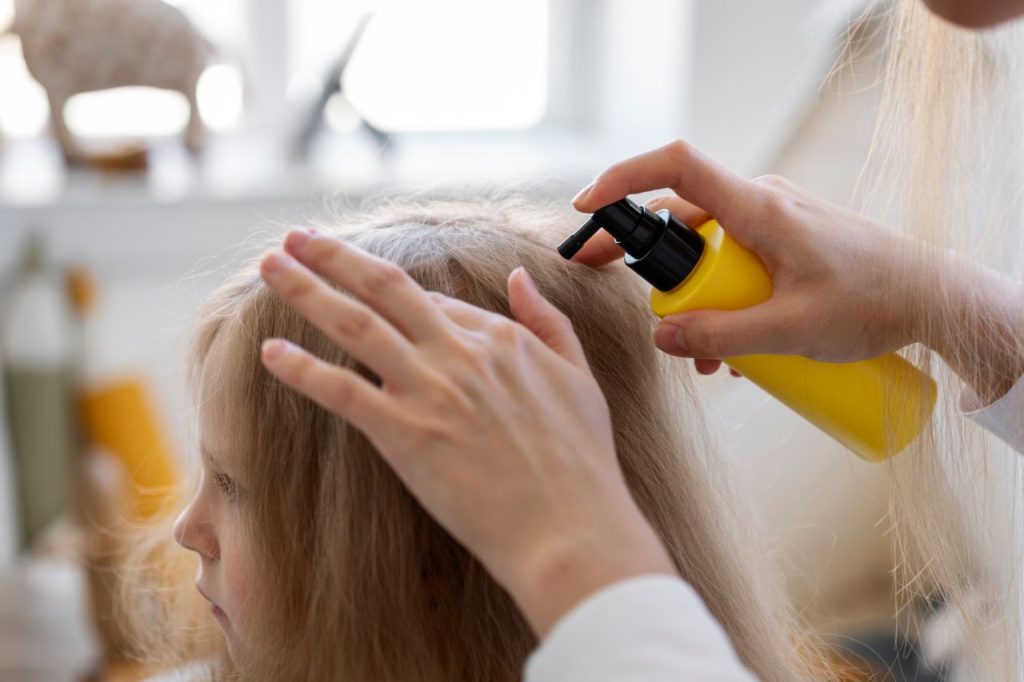
Key Trends Shaping the Vegan Haircare Market in 2024
The vegan haircare market has seen dynamic growth in 2024, driven by shifting consumer preferences, increased awareness of sustainable practices, and the influence of social media. One of the most significant trends is the expansion of traditional beauty brands into the vegan space. Established players like L’Oréal and Estée Lauder are now launching dedicated vegan product lines or acquiring smaller vegan brands to cater to the growing demand for cruelty-free and plant-based hair products. This strategic move allows them to tap into the burgeoning market and appeal to ethically-conscious consumers.
Specialized vegan haircare brands focused on specific hair concerns like scalp health and hydration, as well as sustainability and eco-friendly practices, have become increasingly popular. Pacifica, Aveda, and Rahua have established a significant presence in the market by prioritizing natural ingredients and ethical practices. The emphasis on sustainable haircare now includes packaging, as more brands are choosing recyclable, refillable, or biodegradable materials to reduce their environmental impact.
Social media influencers and beauty advocates have played a crucial role in promoting these vegan haircare options. Platforms like Instagram and TikTok have become key channels for brands to showcase their vegan credentials, highlight ingredient transparency, and engage with environmentally-conscious consumers. This has helped foster a community of loyal followers who prioritize clean and green beauty products, further propelling the growth of vegan haircare in 2024.
Ingredients to Look For (and Avoid) in Vegan Haircare Products
It’s crucial to know which ingredients are helpful and which to steer clear of when selecting vegan haircare items. Vegan hair products use natural ingredients from plants that are gentle on the scalp while also providing nourishment. Several typical vegan-friendly ingredients are coconut, argan, and jojoba oils, which moisturize and provide gloss. Plant extracts like aloe vera and chamomile are utilized for their calming and restorative qualities, while proteins from sources such as quinoa and soy bolster hair strands and enhance volume.
On the other hand, some chemicals and ingredients from animals should not be used in hair products. Sulfates, commonly chosen for their ability to create lather, have the potential to remove the natural oils from hair, leading to dryness and irritation. Parabens, when used as preservatives, have been associated with possible hormonal disturbances. It is wise to steer clear of phthalates, often found in fragrances, due to the potential long-term health hazards they may present. Moreover, substances such as formaldehyde and its releasing agents can lead to scalp sensitivity and are seen as potential cancer-causing agents.
In terms of animal-derived ingredients, it’s important to stay clear of lanolin (derived from sheep’s wool), keratin (from animal hooves and feathers), and collagen (from animal tissues). These ingredients can be replaced with plant-based alternatives like vegetable glycerin and soy proteins, which offer similar benefits without compromising ethical values.
To ensure that your vegan haircare products are genuinely cruelty-free and sustainable, always read labels carefully. Look for certifications like “PETA-certified” or “Leaping Bunny” to confirm that the product adheres to vegan and cruelty-free standards, ensuring a more conscious haircare routine.
Challenges Facing the Vegan Haircare Industry
The vegan haircare industry in 2024 is rapidly growing but faces several significant challenges. One of the primary issues is supply chain complexity. Sourcing sustainable raw materials, like plant-based oils and botanical extracts, can be difficult and costly. Many of these ingredients are seasonal, and disruptions in their availability—such as poor harvests or geopolitical issues—can severely impact production timelines and costs. This makes it challenging for brands to maintain consistent quality and availability of their plant-based hair products.
Another challenge is the high cost associated with developing vegan haircare formulas. Unlike traditional products that rely on cheaper, synthetic ingredients, vegan formulations often use natural, organic components that are more expensive to source and process. As a result, vegan haircare products typically have higher price points, which can limit accessibility for some consumers.
Getting certification and guaranteeing product authenticity is a significant challenge for the sector. Certifications such as “vegan” or “cruelty-free” demand thorough audits and adherence to stringent criteria. These methods take up a lot of time and money, posing extra challenges for smaller companies looking to build trust. Additionally, it can be difficult to maintain these certifications by guaranteeing transparency in the supply chain, particularly when ingredients are obtained from various different places.
How Brands are Adapting to Meet Vegan Haircare Demand
As demand for vegan haircare products continues to surge in 2024, brands—both big and small—are responding by adopting innovative strategies to cater to conscious consumers. Major brands like Aveda and Biolage have transitioned to vegan formulas and sustainable practices to appeal to this growing market segment. Aveda, for instance, has shifted all its product lines to 100% vegan, focusing on plant-based ingredients like botanical extracts and essential oils. The brand also highlights its use of renewable energy and recycled packaging, which strengthens its sustainable haircare credentials.
On the other hand, niche brands like Acure and Organic Grow Hair Co are gaining popularity for their emphasis on clean, organic ingredients and targeted solutions for various hair concerns. These smaller businesses often focus on unique formulations, such as Acure’s hemp and apple cider vinegar range or Organic Grow Hair Co’s use of avocado and cupuacu butter to fortify hair naturally.
In the marketing field, numerous vegan haircare brands are using brand storytelling and sustainability messaging to establish trust and loyalty with consumers. Companies utilize social media platforms such as Instagram and TikTok to display their environmentally friendly procedures, clear ingredient sourcing, and cruelty-free accreditations. Partnerships with influencers and beauty enthusiasts enhance their reach and credibility. This marketing strategy driven by the community appeals to ethically-conscious shoppers today, making it a successful tactic for both well-known brands and newcomers in the vegan haircare industry.
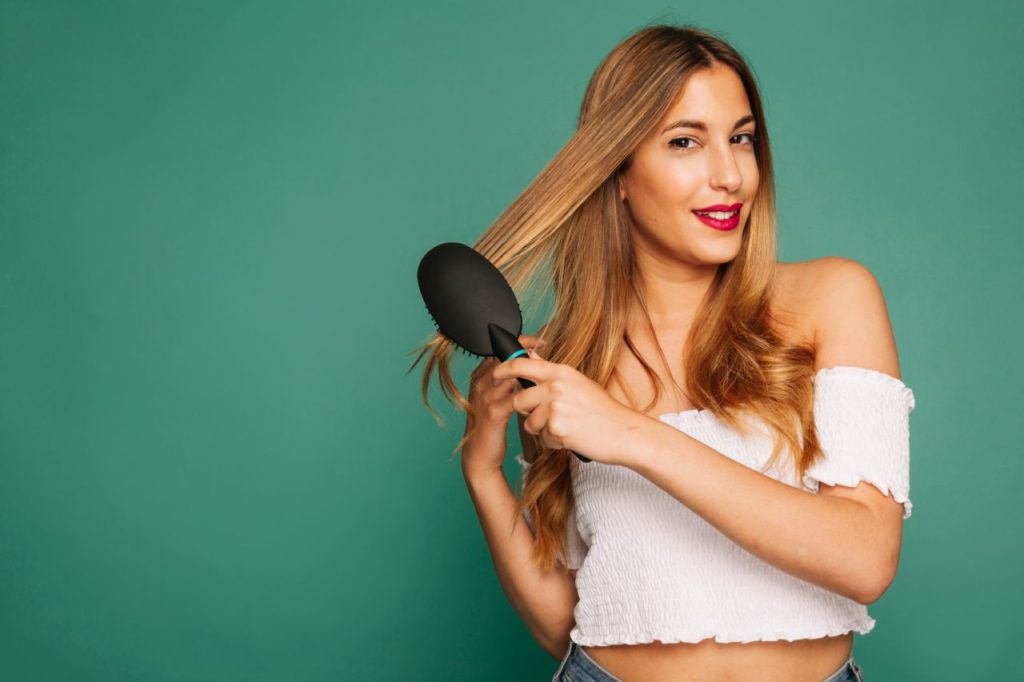
The Future of Vegan Haircare: What to Expect Beyond 2024
The future of vegan haircare beyond 2024 looks promising, with the industry poised for significant growth and innovation. Market forecasts suggest that the global vegan haircare segment will continue to expand as more consumers prioritize plant-based hair products and sustainable beauty options. This trend is being fueled by a growing awareness of the environmental and ethical implications of conventional haircare products, driving more people to seek cleaner, greener alternatives.
One of the most thrilling developments in vegan haircare involves incorporating biotechnology. Biotechnological advancements are leading the path towards synthetic ingredients grown in laboratories as a sustainable and scalable substitute for traditional plant-derived extracts. These artificially cultivated elements not only maintain uniformity in the quality of products but also decrease the necessity for extensive farming, thereby reducing the environmental footprint of the industry. Businesses are also investigating the utilization of microbiome-friendly substances and bio-engineered extractions to address particular hair issues, like enhancing and mending harmed strands or enhancing scalp wellness.
Looking ahead, the role of vegan haircare in the broader beauty and wellness industry will likely continue to evolve. Brands are expected to embrace more personalized beauty solutions using AI and biotechnology to create customized haircare regimens based on individual hair types and concerns. This personalization, combined with a focus on holistic hair health, will position vegan haircare as a key player in the sustainable beauty movement, catering to an audience that values both efficacy and ethical responsibility.
Conclusion
The increasing popularity of vegan haircare products in 2024 indicates a notable move towards more mindful consumer behavior. Consumers are making a positive impact on the beauty industry by opting for plant-based and cruelty-free products. As this pattern persists, it motivates both brands and individuals to prioritize ethical and informed decisions for a more sustainable planet.
